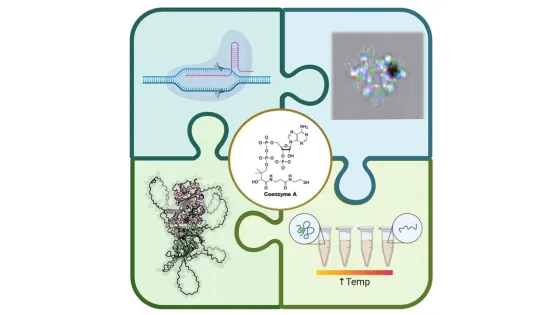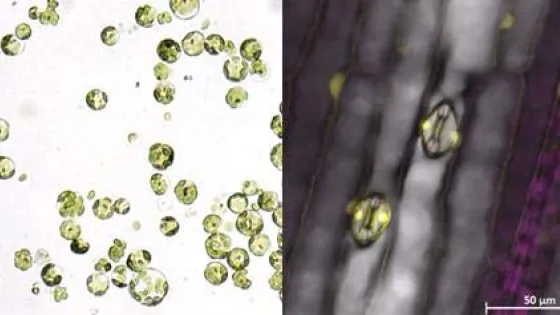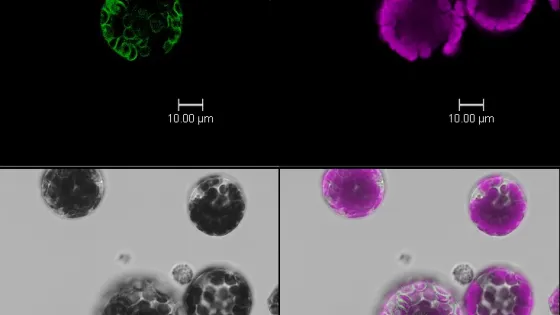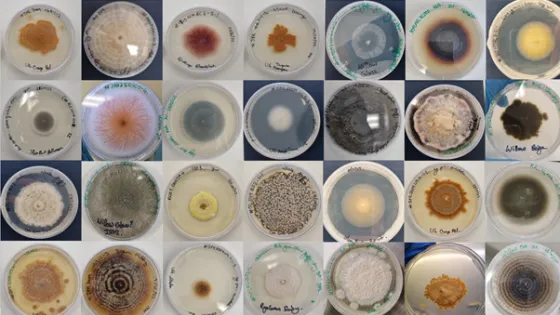Past events
This page lists RSB past events.

Pantothenate, a precursor of the fundamental enzyme cofactor coenzyme A (CoA), is an essential nutrient for the intraerythrocytic stage of the human malaria parasite Plasmodium falciparum.

Abiotic stresses like heat and excess sunlight perturb photosynthesis in chloroplasts and induce the accumulation of reactive oxygen species (ROS).

Twist Bioscience is a leading and rapidly growing synthetic biology and genomics company that has developed a disruptive DNA synthesis platform to industrialize the engineering of biology. The core of the platform is a proprietary technology that pioneers a new method of manufacturing synthetic DNA by “writing” DNA on a silicon chip.

Dr Allen (Zhengyu) Wen - Maize lethal necrosis (MLN) threatens food security for smallholder farmers in Sub-Saharan Africa. Our research identified two genetic solutions: a mutated peroxisomal peptidase that blocks viral invagination and a eukaryotic translation initiation factor 4E mutant that stops viral protein translation while preserving plant growth. Using gene editing, we introduced these traits into elite maize varieties. In Kenyan trials, edited lines showed complete MLN resistance with no yield loss, offering a major advance for protecting millions of farmers’ livelihoods.
Dr Thomas Vanhercke - Plant synthetic biology and metabolic engineering enable precise redesign of plant genomes for improved traits and new functions. For over 20 years, the CSIRO Synthetic Traits group has led in applying advanced genetics to oil crops. This presentation highlights omega-3 transgenic canola as a real-world example delivering health benefits and addressing global supply challenges. I’ll also outline emerging developments such as high-throughput in-planta library screening, advanced RNAi, and novel complex traits pushing plant synthetic biology’s limits.

RSB Director's Seminar, Associate Professor Ana Sequeira, Group Leader in the Division of Ecology and Evolution at the Research School of Biology, Monday the 18th of August 2025.

Hydrogen peroxide (H₂O₂) is a key retrograde signal in plants, linking chloroplast-derived stress cues to nuclear gene expression.

Plants synthesize an amazing diversity of volatile organic compounds (VOCs) that facilitate interactions with their environment, ranging from attracting pollinators and seed dispersers to protecting themselves from pathogens, parasites, and herbivores.

This seminar is presented by Dr Emily Stringer and Dr Jarrod Sopniewski, Postdoctoral Research Fellows from the Centre for Conservation Ecology and Genomics at the University of Canberra.

Fungal diseases are among the most significant causes of wheat yield loss globally and pose a serious threat to food security.
